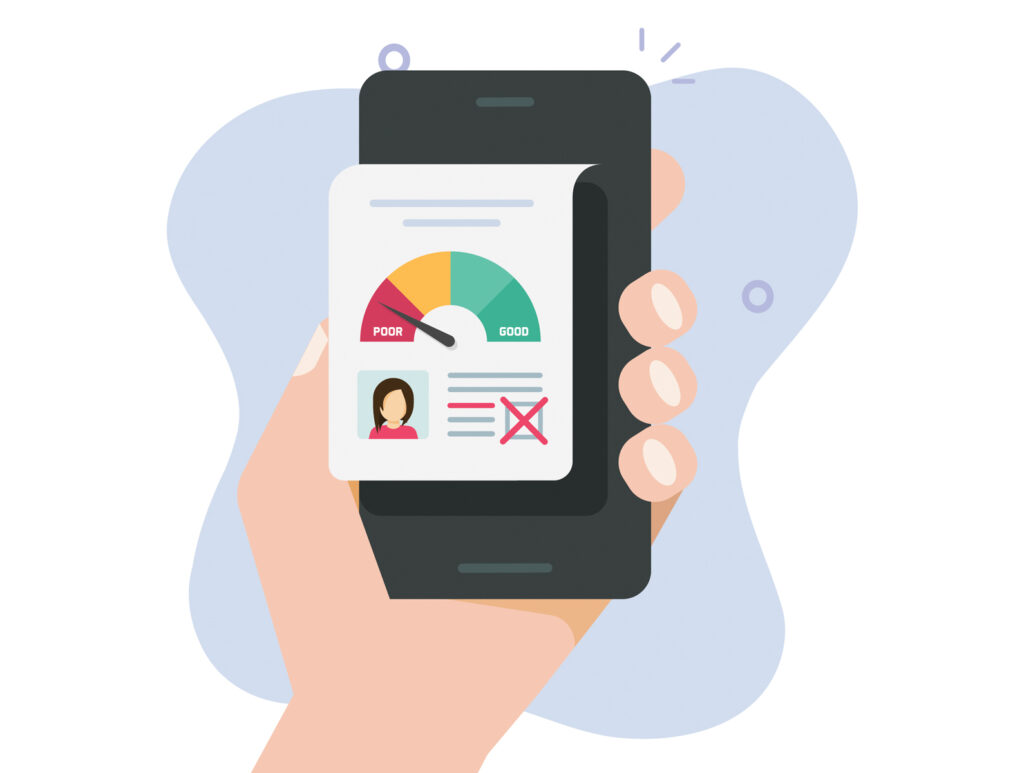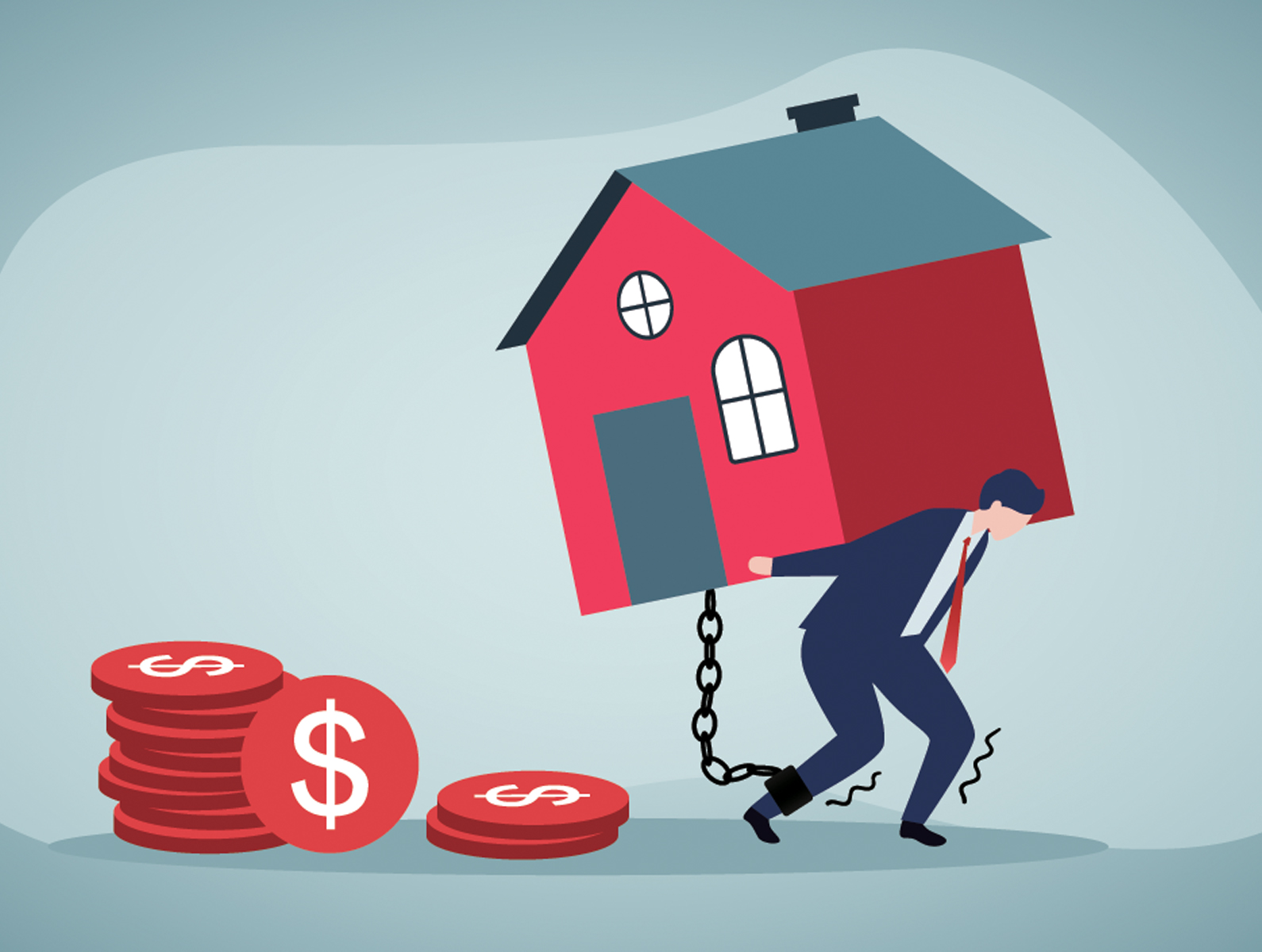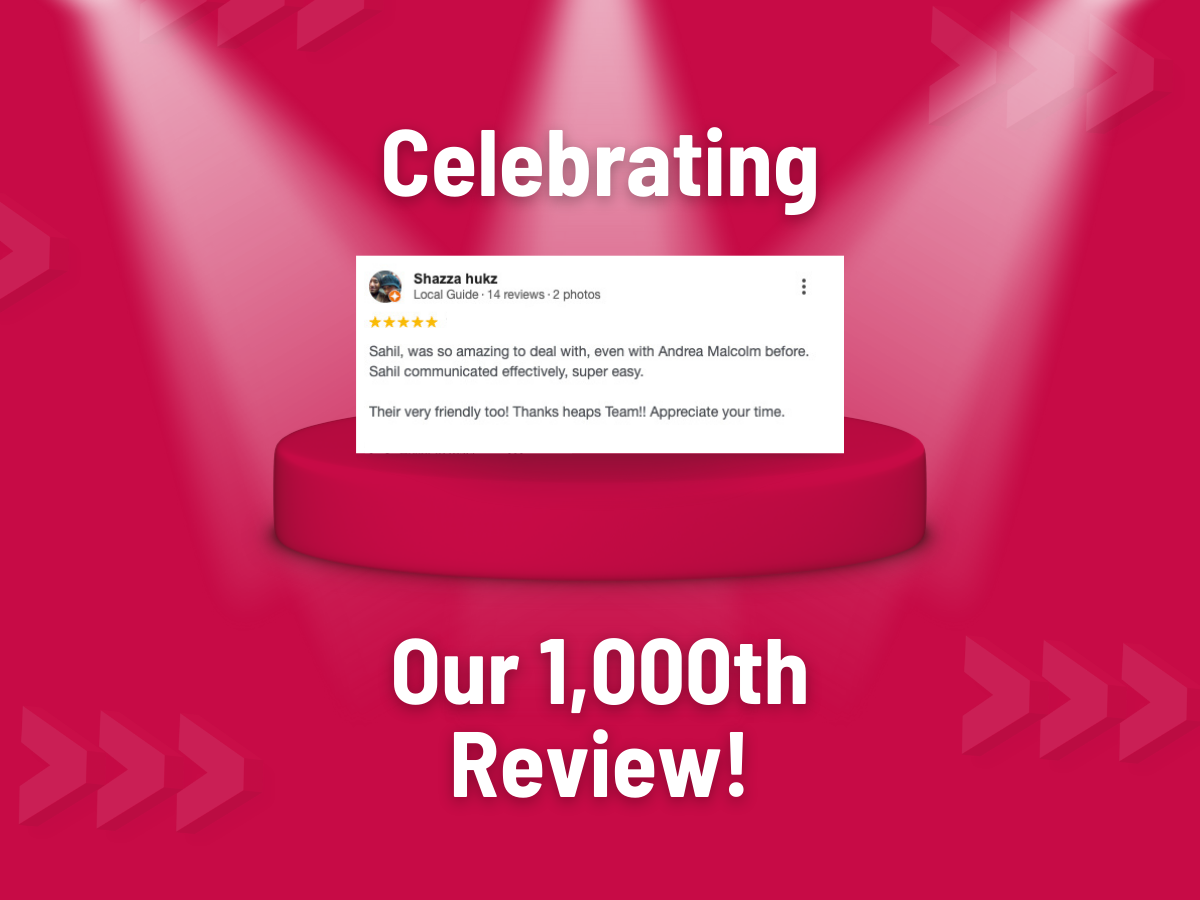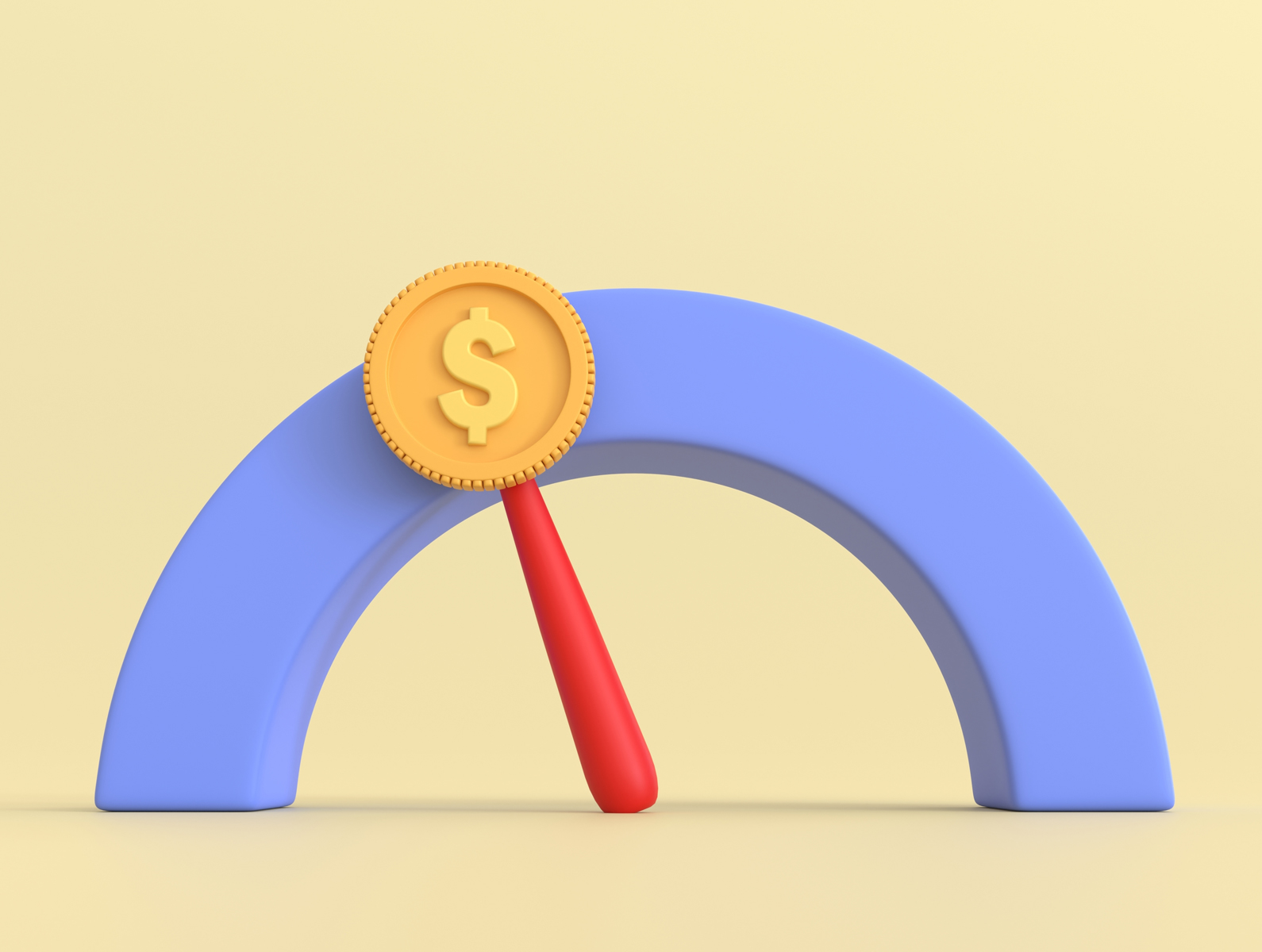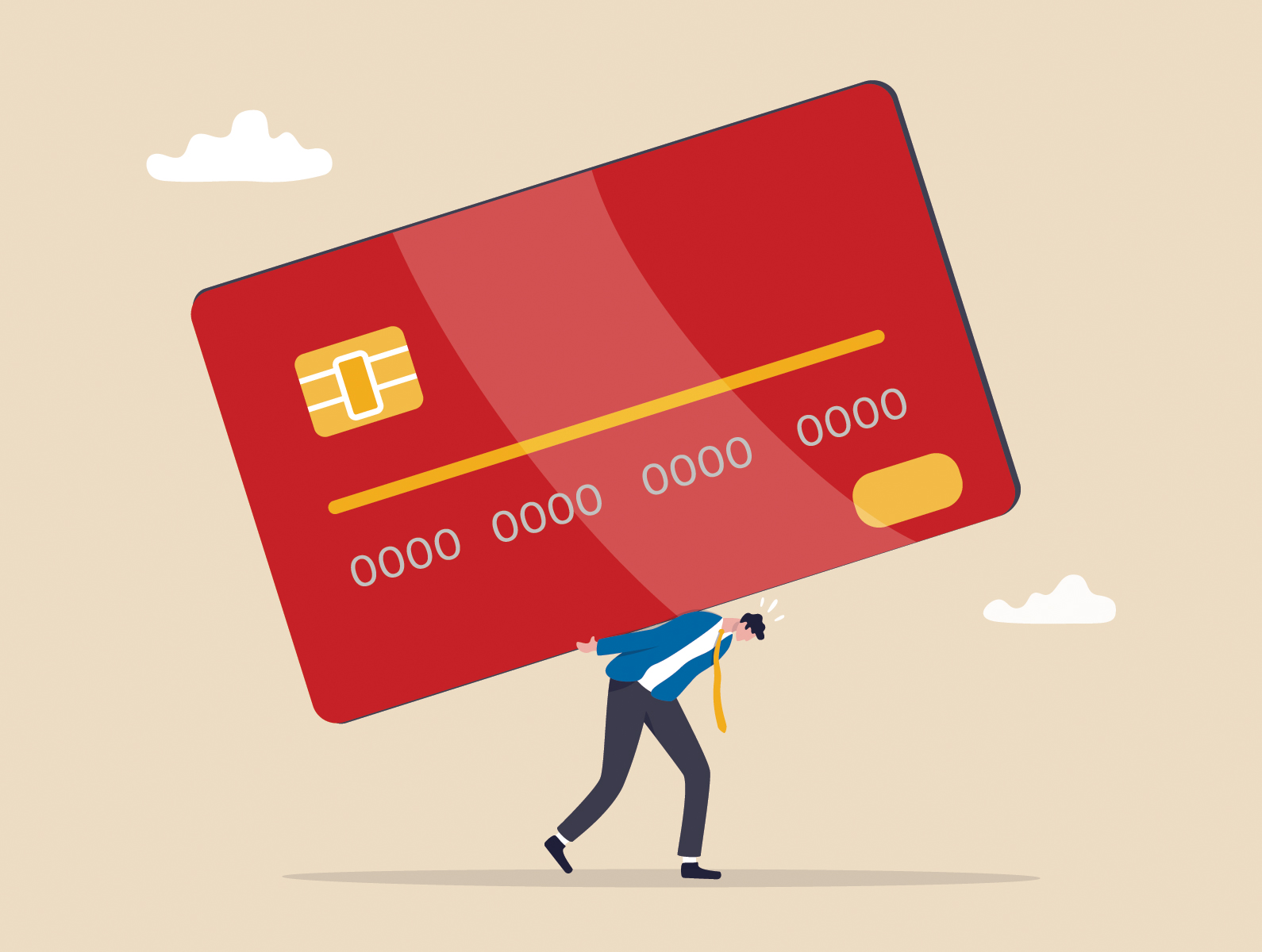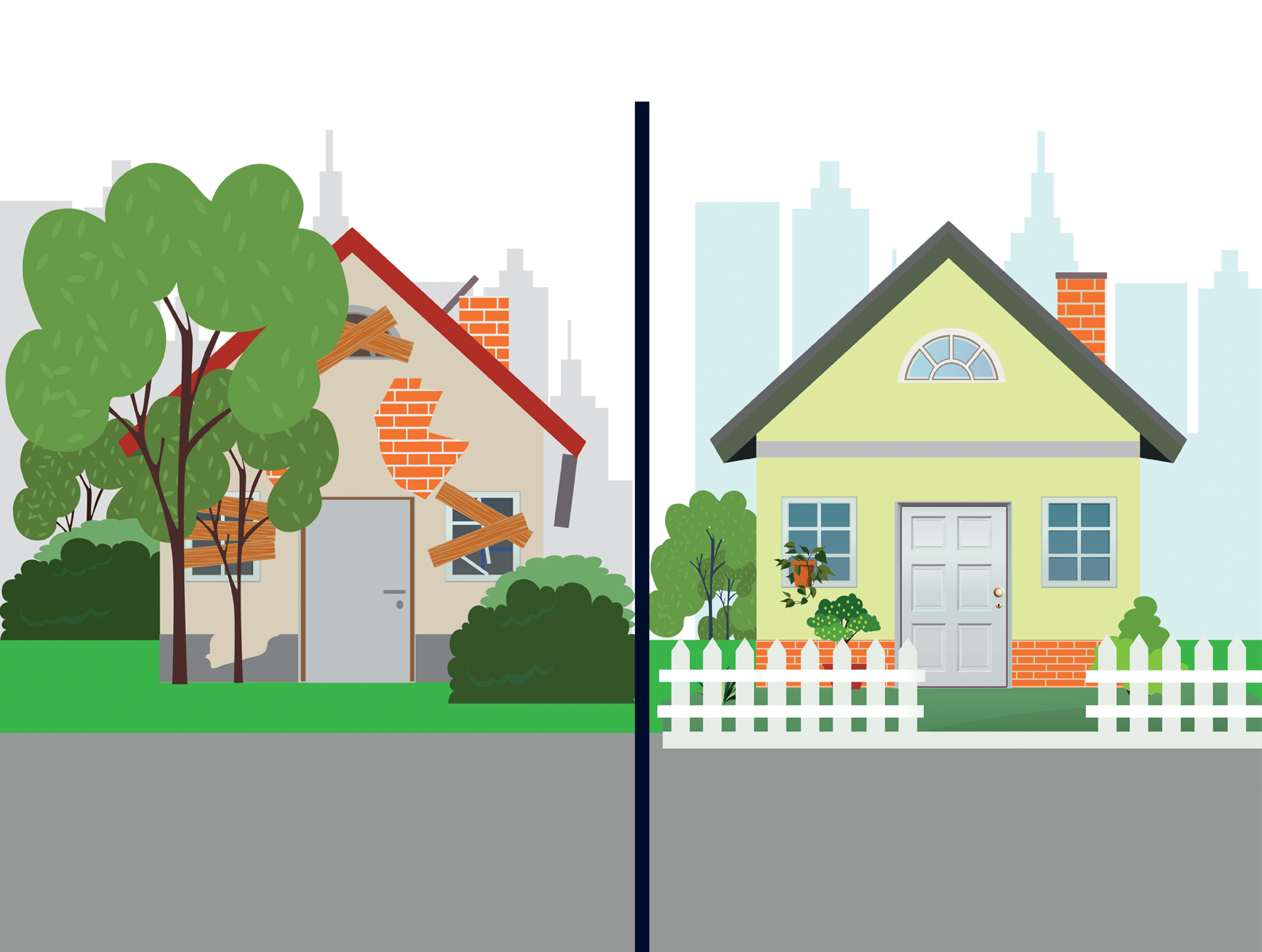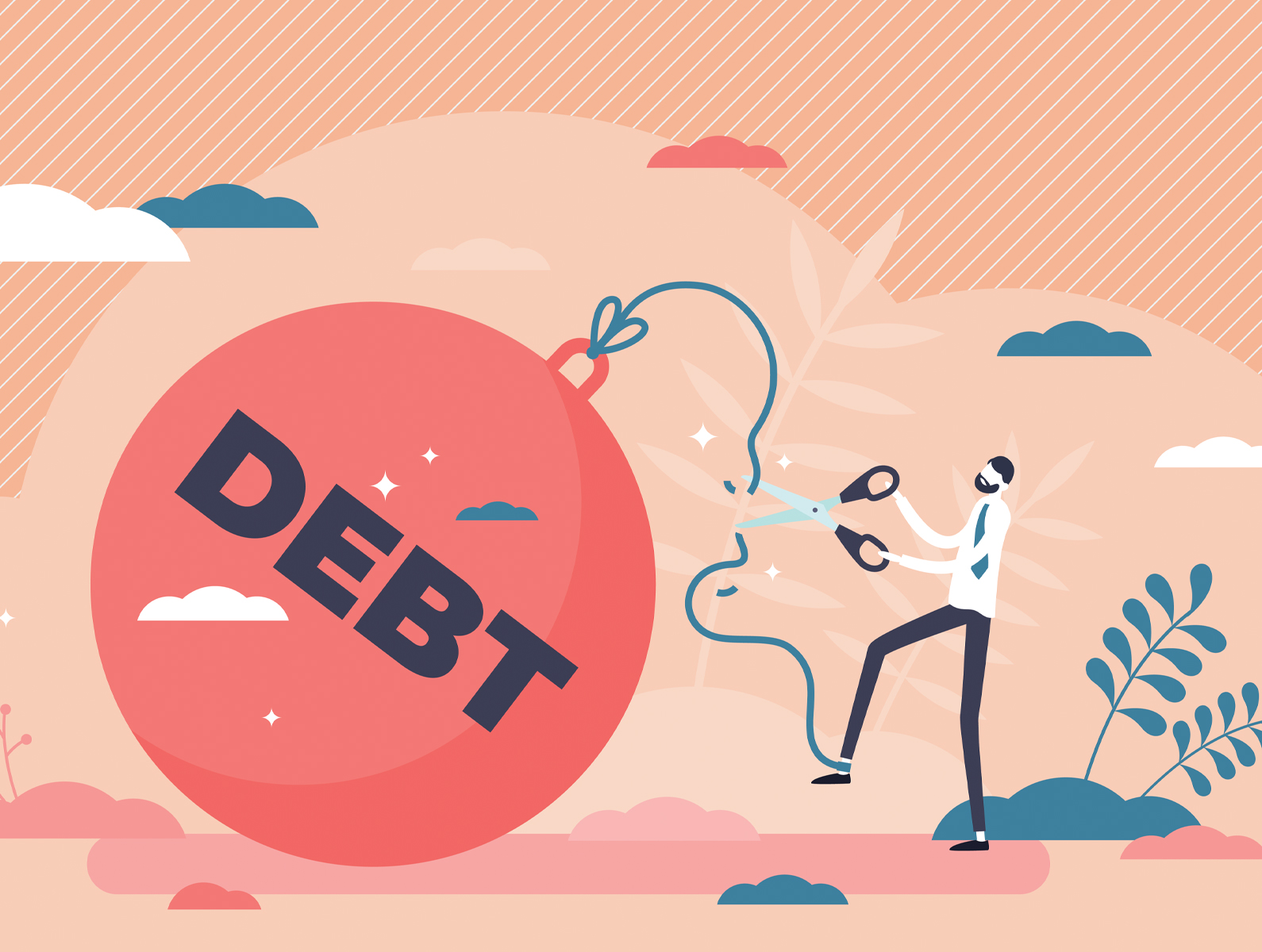Published: 24th October, 2026
Last Updated: 2nd February, 2026
Author: Murray Greig
Can you get a loan when you have not so good credit?
Yes — you can still access a loan with not-so-good credit. Even if your credit history isn’t perfect, many borrowers can still qualify for fair, manageable loans.
Key Facts About Loans for Not So Good Credit
Here are the key facts to know if you’re considering a loan with not-so-good credit:
You can still get a loan with not-so-good credit. A poor credit score doesn’t automatically mean you’ll be declined.
Many lenders assess your full financial situation, not just your credit score. This includes income, expenses, and your ability to afford repayments.
Debt consolidation can make loans more manageable. By combining existing debts into one loan, weekly repayments may be reduced, improving affordability — a key factor in loan approval.
Interest rates may be higher than for borrowers with excellent credit. This reflects the additional risk, which makes choosing the right loan structure especially important.
Structuring repayments to be affordable helps you stay on track. Making every repayment on time not only keeps the loan manageable, but can also help improve your credit score over time.
If you’ve ever worried that your not-so-good credit history will stop you from getting a loan, you’re not alone. Many Kiwis are in the same boat – 13% in fact, according to the latest Centrix Credit Report.
Maybe you’ve missed a couple of payments in the past, had a default show up on your record, or you simply don’t have much credit history at all. Whatever the reason, it doesn’t mean you can’t borrow money. The good news is that there are still options available for people looking for loans with not-so-good credit.
What Does Not So Good Credit Mean?

In New Zealand lending, not-so-good credit typically refers to borrowers who fall within the Fair credit score range (300–499). This classification indicates an increased lending risk but does not mean a borrower is irresponsible or unreliable.
A not-so-good credit rating may result from:
- Late or missed bill payments
- Loan defaults or arrears
- Multiple credit applications within a short period
- Limited or no previous credit history
Borrowers with little borrowing history may also appear higher risk simply due to a lack of available data.
Having not-so-good credit doesn’t make you a bad borrower. It simply means that from a lender’s perspective, you may seem like more of a risk compared to someone with a sparkling credit history. This could be due to late bill payments, loan defaults, or even applying for lots of credit in a short space of time. Sometimes, it’s just that you haven’t borrowed before, so there’s little for lenders to go on. If you are in the ‘Fair’ range, you’re what’s deemed ‘Not so good’.
Check out this article on credit scores, which explains the different rankings from ‘Excellent’ through to ‘Poor’.
New Zealand Credit Score Ranges Explained
The following credit score ranges are based on commonly used New Zealand credit reporting standards and illustrate how lenders typically assess borrower risk:
Excellent (800–1,000): Very strong credit profile with access to the lowest interest rates.
Very Good (700–799): Considered reliable and low risk by most lenders.
Average (500–699): Eligible for standard lending products and terms.
Fair (300–499): Higher perceived risk; may face higher interest rates or additional conditions.
Poor (Below 300): Limited access to credit; approvals are more difficult but not always impossible.
Can You Still Get Loans for Not So Good Credit?

Yes, you can still get a loan with not-so-good credit. At Loansmart, we help Kiwis access affordable, manageable loans by looking beyond a credit score and focusing on the bigger picture.
While your credit history is part of the process, what matters most is your current financial situation — including your income, regular expenses, and whether the repayments will be affordable for you right now. This approach allows loans to be structured in a way that supports long-term financial stability, not short-term pressure.
Making Repayments More Manageable Through Debt Consolidation
One of the most effective strategies for improving loan affordability is debt consolidation. This involves combining multiple high-interest debts into a single loan with one regular repayment.
Debt consolidation may:
Reduce total weekly or monthly repayments
Simplify budgeting with one payment instead of several
Lower financial stress and reduce the risk of missed payments
Lower repayments improve affordability, which is a key factor lenders consider when approving loans for borrowers with not-so-good credit.
Real examples from Kiwi borrowers
We see the impact of manageable loan structures every day.
Emma had fallen behind on her mortgage repayments and was feeling overwhelmed. We helped clear her arrears and restructured her loan, significantly reducing her repayments and giving her breathing room and peace of mind.
Read Emma’s story.Sophie had already been declined by other lenders. We were able to help secure an additional $3,000 she needed, while reducing her weekly repayments from $400 to $250 — a saving of $150 every week that made a real difference to her family budget.
Helping Kiwis access smarter, more affordable loans — even after financial challenges — is what Loansmart does best.
Things to Keep in Mind
Interest rates may be higher than those offered to borrowers with excellent credit, as these loans are considered higher risk. However, in many cases, we’re able to secure lower rates than borrowers are currently paying on existing loans.
Approval times can vary. Applications may take a little longer when credit history is less than perfect, but with access to multiple lenders, there are often more options available.
How your application is structured matters. Positioning a loan around affordability and sustainability can make a significant difference to approval outcomes.
How to Improve Your Chances
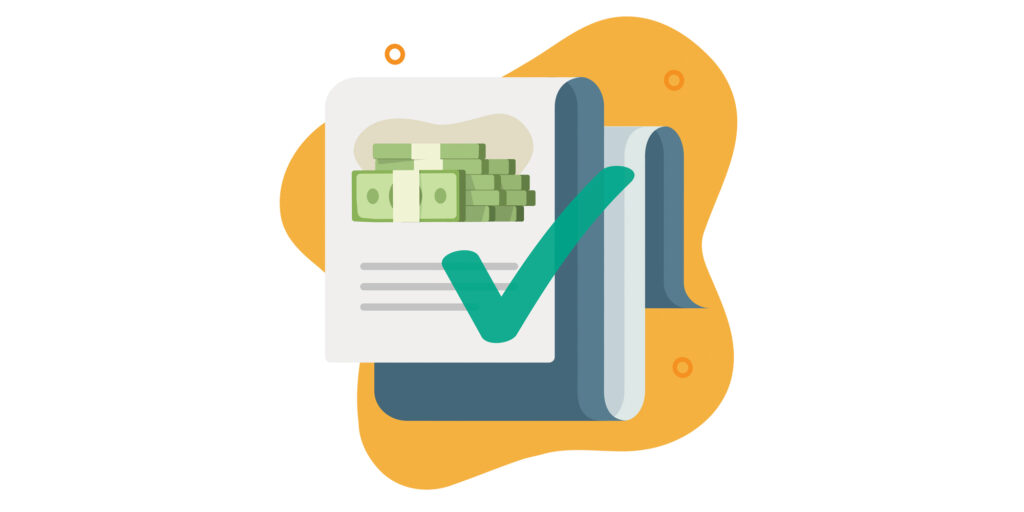
The best tip is to get in touch early. Don’t wait until you’ve missed multiple payments – reach out before things get too far behind. The more repayments you miss, the more your credit score will be affected, making it harder to secure the best deal.
Another important tip is to avoid applying with too many lenders at once. Each application leaves a mark on your credit file, and too many in a short space of time can drag your score down. By coming straight to us, we’ll manage the process and approach the right lenders on your behalf, giving you the best chance of approval without the extra stress.
Rebuilding Your Not So Good Credit Score
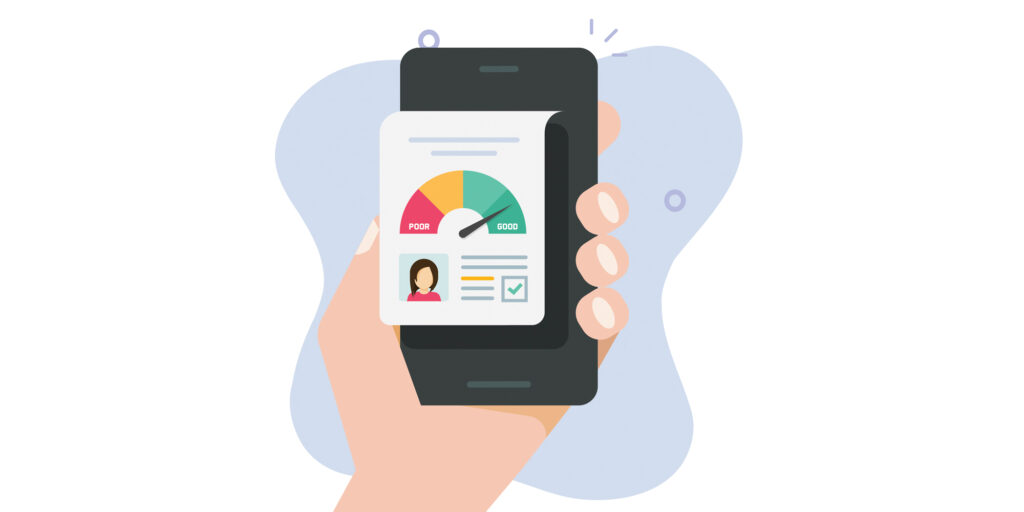
One of the benefits of getting a more manageable loan, with lower repayments, is that you’ll be able to repay it on time — is that it can actually help rebuild your credit score. Every payment you make on time adds to your credit history, showing future lenders that you’re reliable. So, not only can you access the money you need now, but you can also set yourself up for better borrowing opportunities down the track. You can find more tips to rebuild your credit score in this article, How to Increase Credit Score in 6 Months.
If you’ve got not-so-good credit, don’t let it put you off applying for a loan. At Loansmart, we look at the bigger picture, not just your past mistakes. We’ll work with you to find a loan that fits your budget and helps you move forward.
Apply online today and find out how easy it can be to get started with Loansmart. Our team is here to help you every step of the way.
*Subject to responsible lending criteria.
Loans for Not So Good Credit FAQs
Yes, you can. Having not-so-good credit doesn’t mean you’ll be turned away. At Loansmart, we look at your overall situation — including your income, expenses, and ability to repay — not just your credit score.
Improving your chances starts with showing affordability. Stable income, keeping current bills up to date, and demonstrating that you’re managing your finances well now can strengthen your application.
Yes, it can. Making every repayment on time creates positive repayment history, which is recorded on your credit file and can help improve your credit score over time.
They can be. Because these loans are considered higher risk, interest rates may be higher than for borrowers with excellent credit.
Most of our loans are unsecured, which means you don’t need to use your car or another asset as security. However, if your credit history is poor, we may require a secured loan to give us confidence in lending.
Loan amounts typically start from around $2,000. You may be able to borrow up to $75,000 unsecured, or up to $150,000 with a secured loan, depending on affordability.
That depends on how much you borrow, the term of the loan, and your interest rate. To get a quick estimate, you can use our personal loan calculators before you apply.
Our rates start from 9.95% per annum. If you’ve got not-so-good credit, your rate may be higher depending on your circumstances. The most you’ll pay is 35.50%, and we’ll always be upfront with you before you commit.


